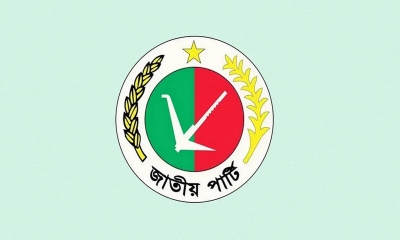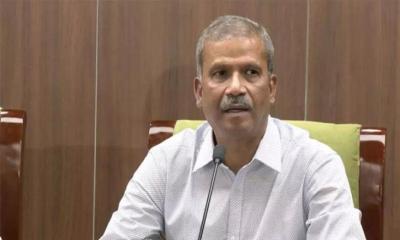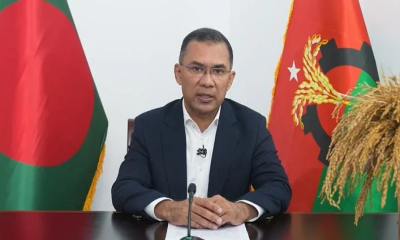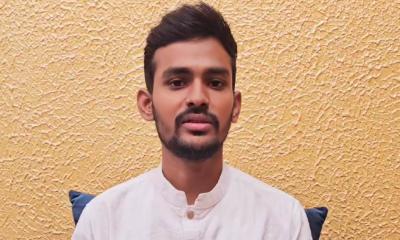Kazakhstan's president said on Friday he had ordered his forces to shoot-to-kill to deal with disturbances from those he called bandits and terrorists, a day after Russia sent troops to put down a countrywide uprising.
Security forces appeared to be in control of the streets of the main city Almaty on Friday morning but gunfire could still be heard after days of unrest in which dozens of people have been killed and public buildings ransacked and torched.
"The militants have not laid down their arms, they continue to commit crimes or are preparing for them. The fight against them must be pursued to the end. Whoever does not surrender will be destroyed," Kazakhstan President Kassym-Jomart Tokayev said in a televised address.
"I have given the order to law enforcement agencies and the army to shoot to kill without warning." Tokayev has blamed foreign-trained terrorists for the worst violence in the Central Asian state's 30 years of independence.
Russia's defence ministry, cited by Interfax, said more than 70 planes were flying round the clock to bring Russian troops into Kazakhstan, and they were now helping control Almaty's main airport, recaptured on Thursday from protesters.
Demonstrations that began as a response to a fuel price hike have swelled into a broad movement against the government and ex-leader Nursultan Nazarbayev, 81, the longest-serving ruler of any former Soviet state.
He turned over the presidency to Tokayev three years ago but his family is widely believed to have retained power in Nur-Sultan, the purpose-built capital that bears his name.
Troops in Almaty
The interior ministry said 26 "armed criminals" had been "liquidated," while 18 police and national guard service members had been killed since the start of the protests, figures that appeared not to have been updated since Thursday. State television reported more than 3,700 arrests.
On Friday morning, fresh gunfire could be heard near the main square in Almaty, where troops had fought with protesters throughout the previous day. Reuters correspondents saw armoured personal carriers and troops occupying the square.
A few hundred metres away, a dead body lay in a heavily damaged civilian car. In another part of the city, an ammunition shop had been ransacked.
Widespread unrest has been reported in a number of other cities across the vast country of 19 million people. The internet has been shut off since Wednesday, making it difficult to determine the full extent of the violence.
Moscow's swift deployment demonstrated the Kremlin's readiness to use force to maintain its influence in the former Soviet Union.
The troops were sent under the umbrella of the Collective Security Treaty Organization comprising Russia and five ex-Soviet allies. It said its force would number about 2,500 and would stay in Kazakhstan for a few days or weeks.
Moscow was "standing up for Kazakhstan and doing as allies should", said Deputy Foreign Minister Alexander Grushko.
White House spokeswoman Jen Psaki said Washington was keeping a close eye on the Russian-led deployment. It would be watching for any violations of human rights and "any actions that may lay the predicate for the seizure of Kazakh institutions."
Tokayev's administration said the Russians had not been engaged in combat or the "elimination of militants."
The violence has been unprecedented in a country ruled firmly for decades by Nazarbayev, who was the last Soviet-era Communist Party boss still in power in an ex-Soviet state when he passed the presidency on to Tokayev in 2019.
Nazarbayev has not been seen or heard from since the protests began. Tokayev has sought to distance himself from his predecessor, removing Nazarbayev and his nephew from security posts since the protests began.


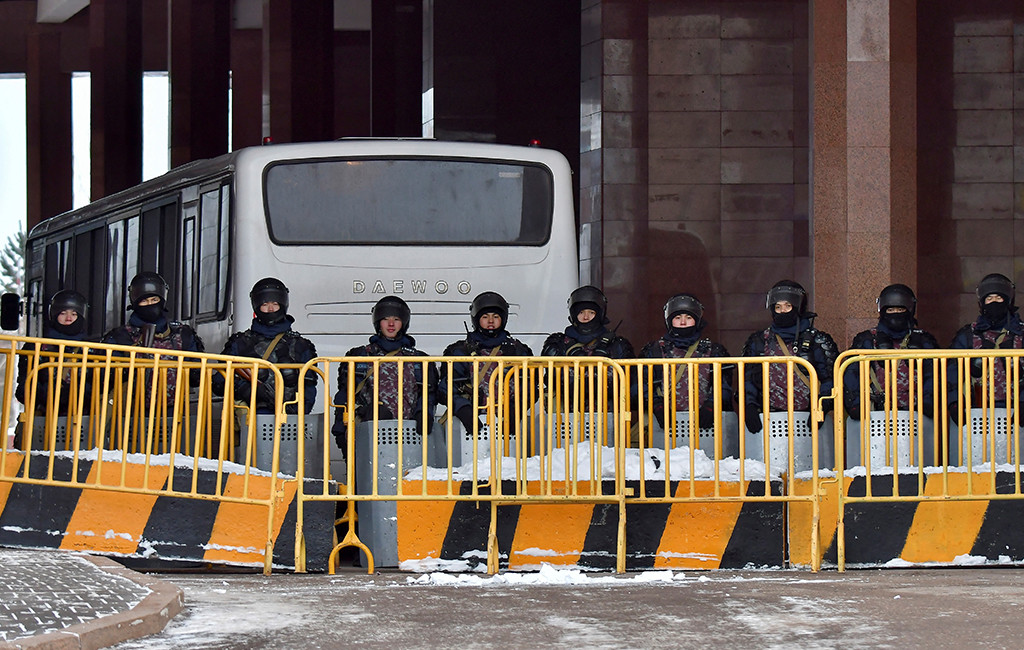

-20260216055149.webp)

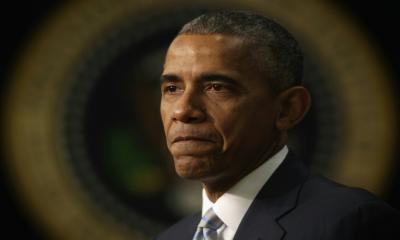
-20260215061522.webp)
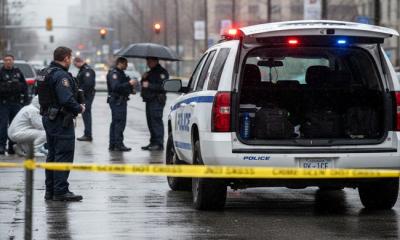
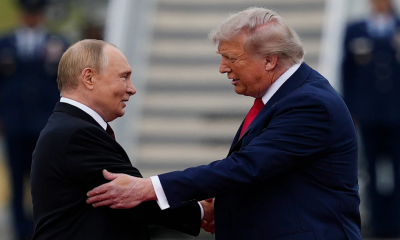
-20260216115008.webp)






